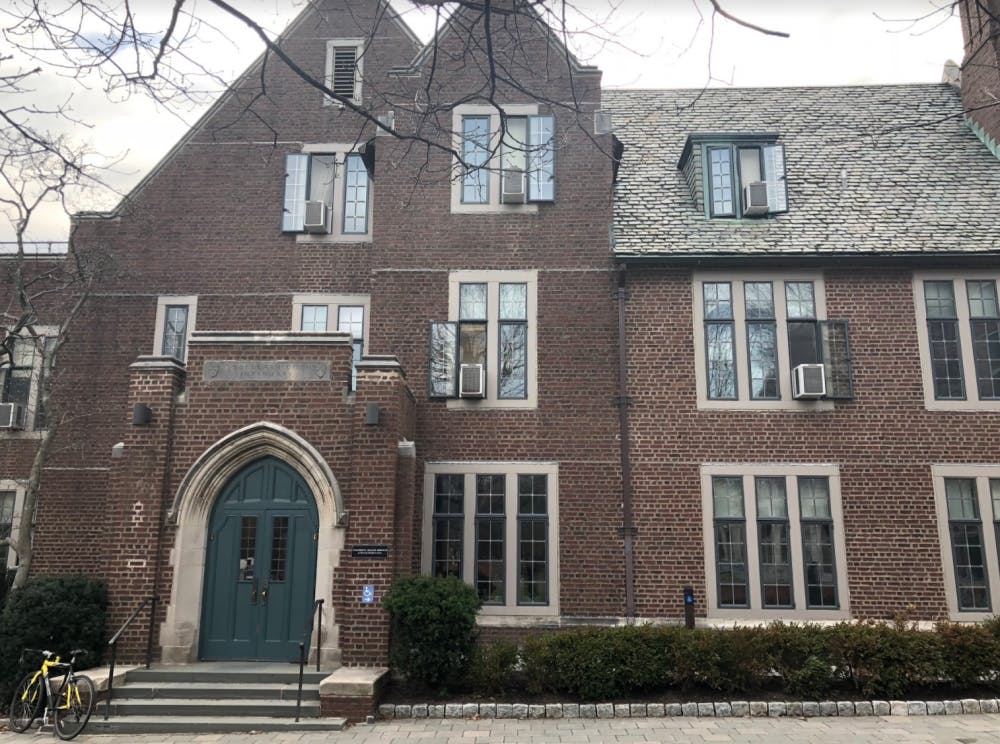It took me far too long, but I recently acknowledged an experience of sexual assault while at the University. It was a textbook incident: the type that almost every University student hears about in campus-wide trainings or orientation programming. It was “typical” in that way, but I have come to learn that coping with a sexual assault is not nearly as simple as some programming makes it out to be. What they don’t tell you in the trainings is that the processing that has to occur in order to truly heal goes far beyond the moment at which the assault is reported, if it is reported at all.
I am calling for an expanded education for students surrounding sexual assault: it needs to go beyond the issues of avoiding, preventing, or reporting assault, into the processes, both emotional and logistical, that occur after an assault occurs. I’m not sure if it was denial or an initial lack of awareness of what had occurred. But there came a point where it was impossible to ignore. From then on, processing the assault was far harder than I could have ever imagined.
In theory, I knew how to handle the incident. I knew exactly where the Sexual Harassment/Assault Advising, Resources, and Education (SHARE) office was, I knew exactly what time I would be able to meet with a counselor, and I knew exactly who I could or could not talk about it to given the mandatory reporting laws on campus. However, I did not know just how hard it would be cope with an assault — the anxiety, the fear, the obliteration of a capability to trust future partners. This makes me wonder not only how many people on campus are struggling with similar experiences, but, more importantly, are they struggling like I did? Lacking in the language to articulate their trauma? Needing help beyond counseling?
Don’t get me wrong, the current programming is incredibly important and necessary. But perhaps if that programming discussed the process of coping with an assault, alongside instruction on bystander intervention and what constitutes consent, one would be able to find this articulation and feel as if their post-incident emotions — however complicated and confusing they might be — are legitimate.
Many sexual assaults go unreported for a wide variety of reasons. I am incredibly grateful for SHARE and the counseling they have provided, but I am also grateful that I took the initiative to seek counseling out and felt comfortable doing so — a first step that took me many months. Some other reasons for not reporting include shame about what occurred, a lack of desire to be seen as a “victim,” confusion about the incident occurring during a romantic relationship, and even putting blame on one’s self for something entirely out of their control.
For those who choose not to report or seek counseling, coping with the experience can prove impossible without the tools to let go of these emotions. It is up to authoritative communities, such as Princeton’s administration, to provide education on how to process a sexual assault beyond reporting. For example, things currently not taught in the campus-wide programming: how to process the anxiety that comes with seeing the perpetrator on campus regularly or discussing the assault with a future romantic partner if one feels the need to do so.
There also needs to be expanded education on how to help a friend sexually assaulted. I have leaned on my friends just as much as I have leaned on professional counseling, and I imagine that doing so has taken an emotional toll on them, too. Perhaps SHARE training and pre-first-year programming could include better insight on how to help a friend processing a sexual assault would lessen this toll and lessen the shame and stigmatization that comes with being a “victim” as well.
A lot has changed in the past year and a half; most of these changes have been exciting and necessary, active choices about my future beyond the University. But I have also had to reconcile my perception of sexuality and intimacy with my perception of trauma, a change that has proven just as permanent. I initially wanted to submit this column anonymously, for those exact three aforementioned emotions — shame about what happened, feeling stigmatized, and continuing to blame myself.

However, a recent column in The Daily Princetonian stated, “The writer is one who refuses to be silenced.” By not putting my name on this piece of writing, I was succumbing to those emotions, despite having worked for months to leave them behind. I was allowing myself to be silenced, as I had been for more than a year following the assault. I hope that if the discourses surrounding sexual assault are expanded to include processing those incredibly difficult emotions, others will not be silenced in the same way. I may not have spoken up for a year, but I am using my voice now to help empower other victims in the future.
Morgan Lucey is a senior neuroscience major from Scottsdale, Ariz. She can be reached at mslucey@princeton.edu.









